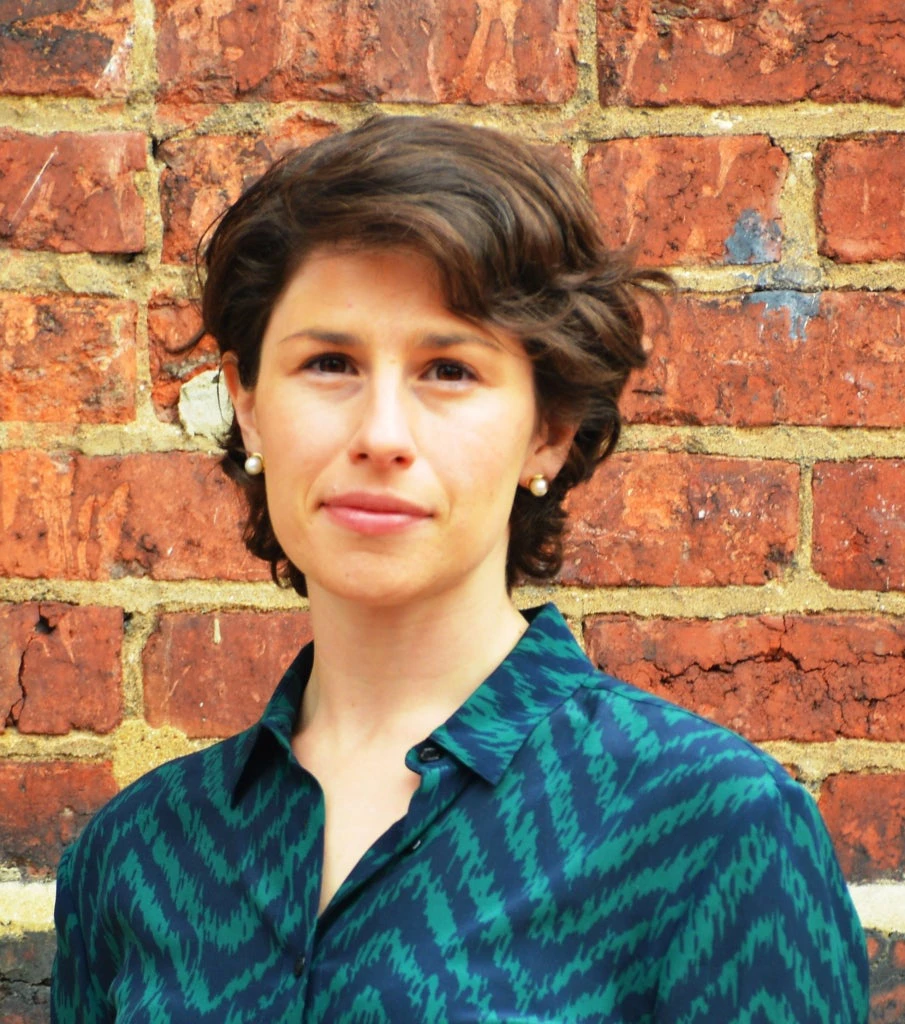 Efforts to improve literacy skills in Senegal are critical to support the government to improve children´s foundational learning. Copyright: Vincent Tremeau/World Bank
Efforts to improve literacy skills in Senegal are critical to support the government to improve children´s foundational learning. Copyright: Vincent Tremeau/World Bank
This year, around 2 million children in Senegal and their families will receive books alongside support and encouragement to enjoy reading at home.
At a time when 69 percent of children in Senegal cannot read and understand a simple text at age 10, efforts to improve literacy skills like Read@Home, the Senegal Investing in Early Years for Human Development Project, and Senegal Project for the Improvement of Education System Performance are critical to support the government to improve children´s foundational learning.
Reading is the gateway to learning
Children’s literacy skills are shaped from birth by the experiences they have with books and language. The quantity and quality of talking, interacting, and reading with children during their early years is strongly linked to positive outcomes later in life. Activities like singing to children, telling them stories, and asking them questions build a foundation for language development and learning to read.
Reading – and being read to from an early age – is the gateway to learning and growing up with books in the home puts children at an advantage; one study covering families in 35 countries found that having at least one children’s book at home almost doubled the likelihood of the child being on track in literacy and numeracy. These benefits don’t depend on having highly literate parents; interventions which support parents with lower literacy levels to share books with their children can make a positive impact. Yet too many children lack access to suitable books. This is slamming the gate to learning shut with costly and lifelong consequences.
The World Bank’s Read@Home initiative was created to help face these challenges. It works with countries to expand access to quality reading and learning materials, reduce the cost of procuring and distributing books, and support parents and caregivers from the most vulnerable households to engage with their children’s learning.
Promoting early learning in Senegal
In Senegal, Read@Home will provide early reading activities to 50 percent of children aged 0-6 in seven out of 14 regions with the lowest early childhood development (ECD) outcomes. It builds on the Senegal Investing in Early Years for Human Development Project, which is expanding access to quality learning services and launching a national parental engagement program to promote early learning.
Read@Home will distribute books in Arabic, French, and seven Senegalese languages, and reach families through preschools, community ECD centers and nutrition platforms. Through partnerships with five NGOs and the National Nutrition Development Council, it will engage parents and caregivers across all seven regions through community reading groups, parent groups, home visits and local radio to bring the books to life, and provide a continuum of support between homes, schools, and the community.
This work complements the Senegal Project for the Improvement of Education System Performance which is enhancing education quality, equity and access. Through the project, students in primary school will benefit from an improved literacy curriculum and teaching and learning materials in local languages to ensure more children have the opportunity to learn to read in languages they understand and speak at home. The Read@Home effort in Senegal also will leverage the Early Learning Resource Network platform to make materials freely available so that they can easily be reproduced and versioned into other languages to benefit more children.
Early reading is vital to change the story for more children
Starting to read early is vital if we are to halt learning poverty. An estimated 43% of the world’s children under the age of 5 are at risk of not reaching their developmental potential. This silent crisis has only gotten worse during the pandemic. But we can change the story and explore new paths to reach children and their caregivers with support to read at home.
To receive weekly articles, sign-up here





Join the Conversation